California vs. Climate Change
Our daily lives consist of going outside to participate in activities or just to enjoy the fresh air and sunshine, but recently this has been impossible due to the overwhelming amount of smoke in the air. California is known for its droughts and its yearly wildfires but this year we have been ravaged by wildfires that show no sign of calming down or stopping. The increase in intensity and number of these wildfires is not due to “the unlucky year of 2020” but instead a problem that looms over the whole planet and the livelihood of future generations, climate change.
Climate change has been recognized since the 19th century, when scientists first identified the natural greenhouse effect and changes in paleoclimate. Although it was first identified as a natural phenomenon, its impact rapidly increased due the burning of fossil fuels which releases greenhouse gases into the atmosphere, where they trap and hold heat.
In California this causes increasing heat and changing rain and snow patterns that lead to drought and shifts in plant communities. These conditions are what National Geographic calls “the three simple components of fire”. The dry air, hot weather, wind, trees and brush and of course, sparks from gender reveal parties, create the perfect conditions for wild and uncontrollable fires. The El Dorado fire, which has burned out of control over 21,000 acres since it started on Sept. 5, is a perfect example of this. It was started by a smoke-generating device at a gender reveal party in a park in the Southern California city of Yucaipa. This fire spread rapidly because of what Jennifer Balch, a fire ecologist at the University of Colorado, Boulder calls “flashy fuels”: grasses that have been dried out by heat waves and drought events. If major companies were to cut down, ideally stop, the emission of greenhouse gases that increase pressure in the atmosphere and therefore heat then there would be a decrease in heat waves and drought events leading to a decrease in the intensity and occurrence of wildfires not just in California but around the world.
Some people argue that wildfires are natural disasters therefore they are natural occurrences that have nothing to do with human use of fossil fuels. These are the same people that claim the world isn’t getting warmer because it still snows and it’s not over 90 degrees everyday, but this method of thinking is flawed. Science says that since the Industrial Revolution, when humans began burning coal for power, Earth’s average temperature has steadily risen. It has already increased a little more than two degrees Fahrenheit since 1880 (closer to three degrees in California), which may not seem like a lot but in reality is.
When hot air isn’t at 100 percent humidity it soaks up water from any available resource, and the hotter and drier the air the more water it sucks up. This means that small increases in the temperature of the Earth’s air can lead to big increases in the intensity of which it soaks up water. If this “vapor pressure deficit” is at a high level for a large amount of time, then soil and plants begin to dry up, making a perfect fuel for fires.
The wildfires that are ravaging the West Coast are dangerous and we need to take measures to ensure that uncontrollable fires don’t happen again in the future. These fires force people to sacrifice their possessions and flee their homes as well as putting those with lung conditions at risk.
We as a community need to recognize the role of climate change in these fires and do our part to protect ourselves and the planet. We can do this by supporting laws in favor of treating climate change and other environmental issues. Examples of this would be would be Assembly Bill 1080, which would ban single-use plastics in California, and AB1839, the California Green New Deal, which addresses emissions and their effect on the environment.
Passing these bills would be a massive step in the direction of positive environmental change which, in turn, will mean a reduction in extreme weather such as Calilfornia’s uncontrollable wildfires.





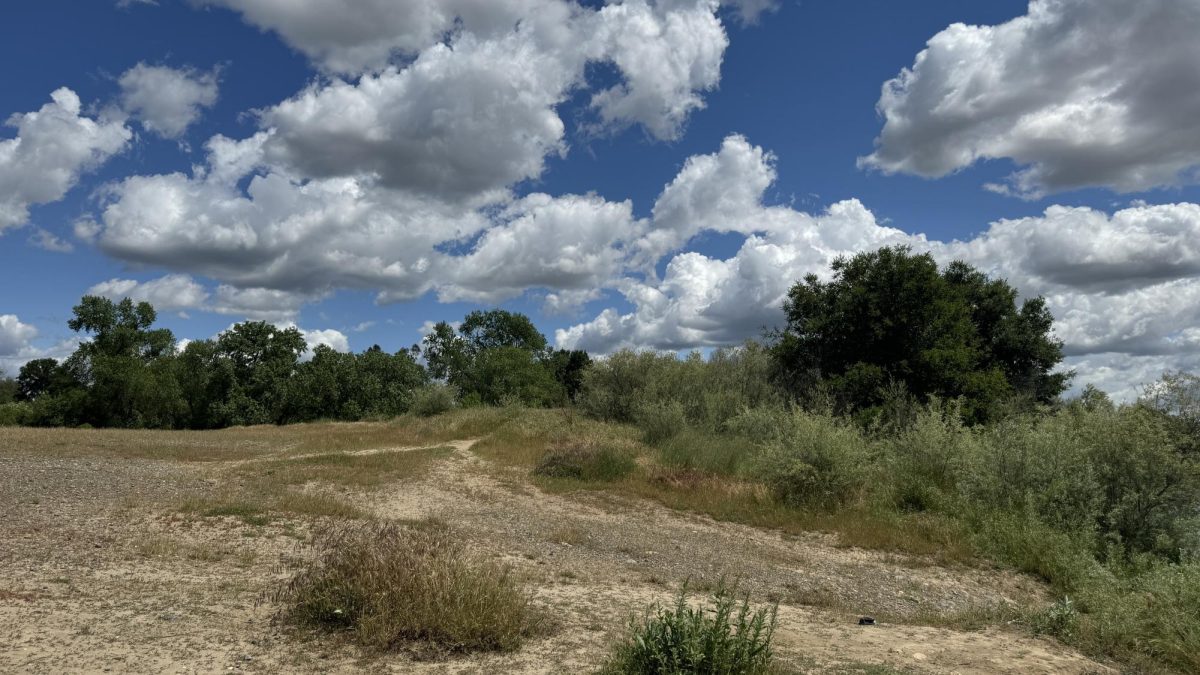










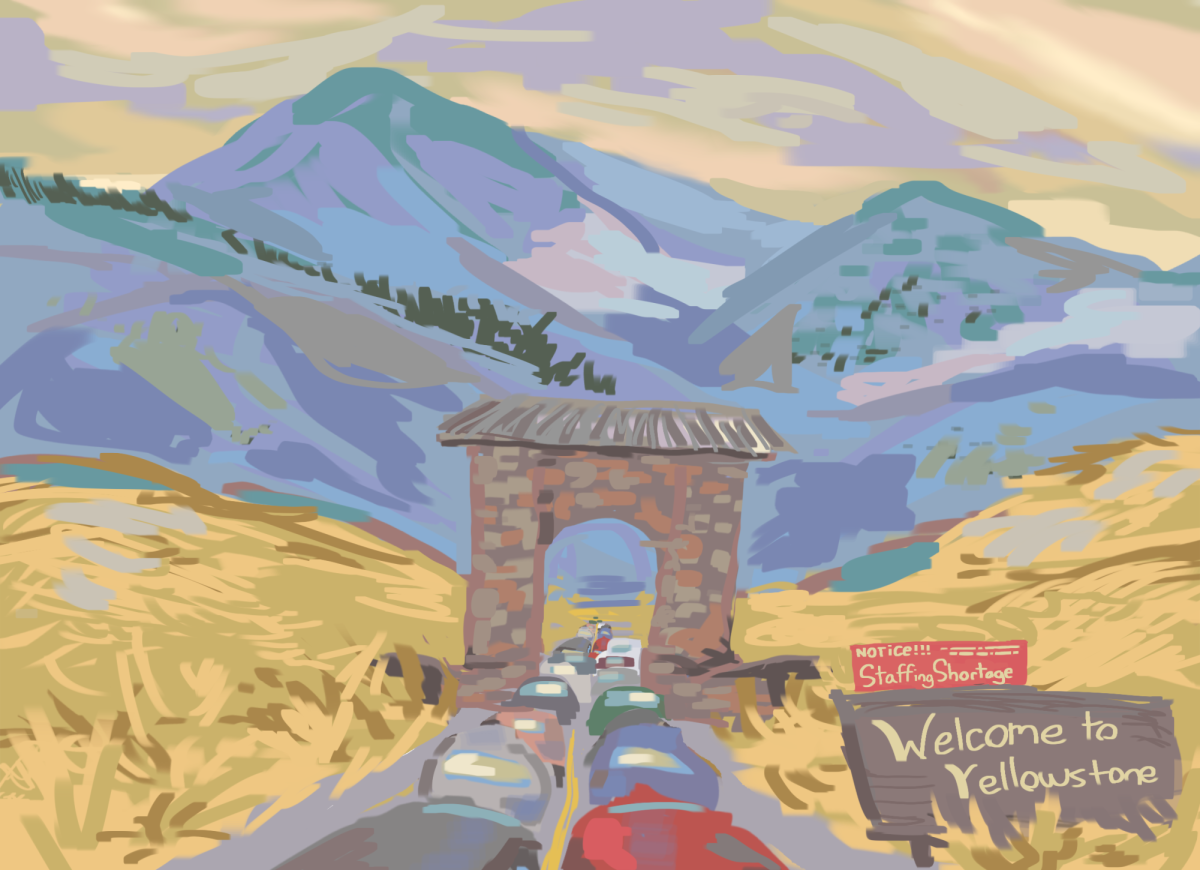
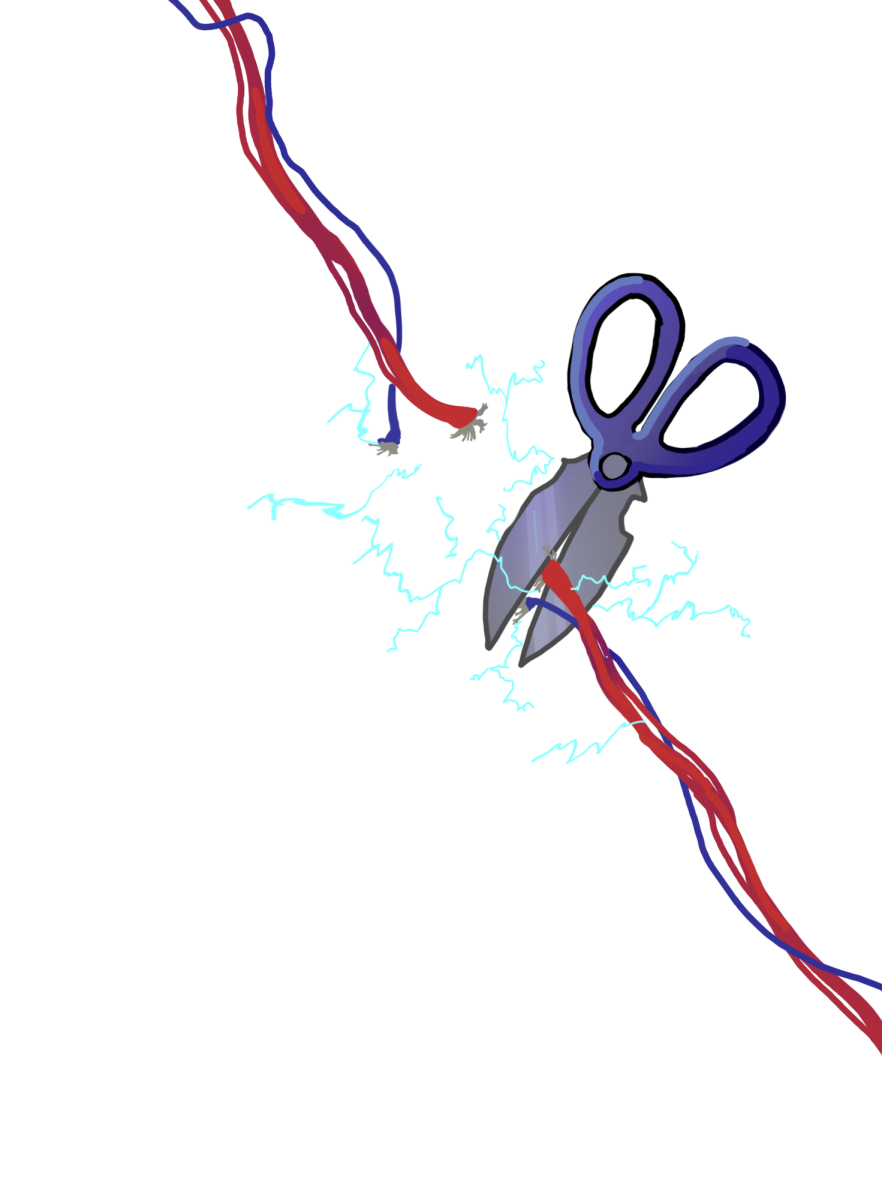








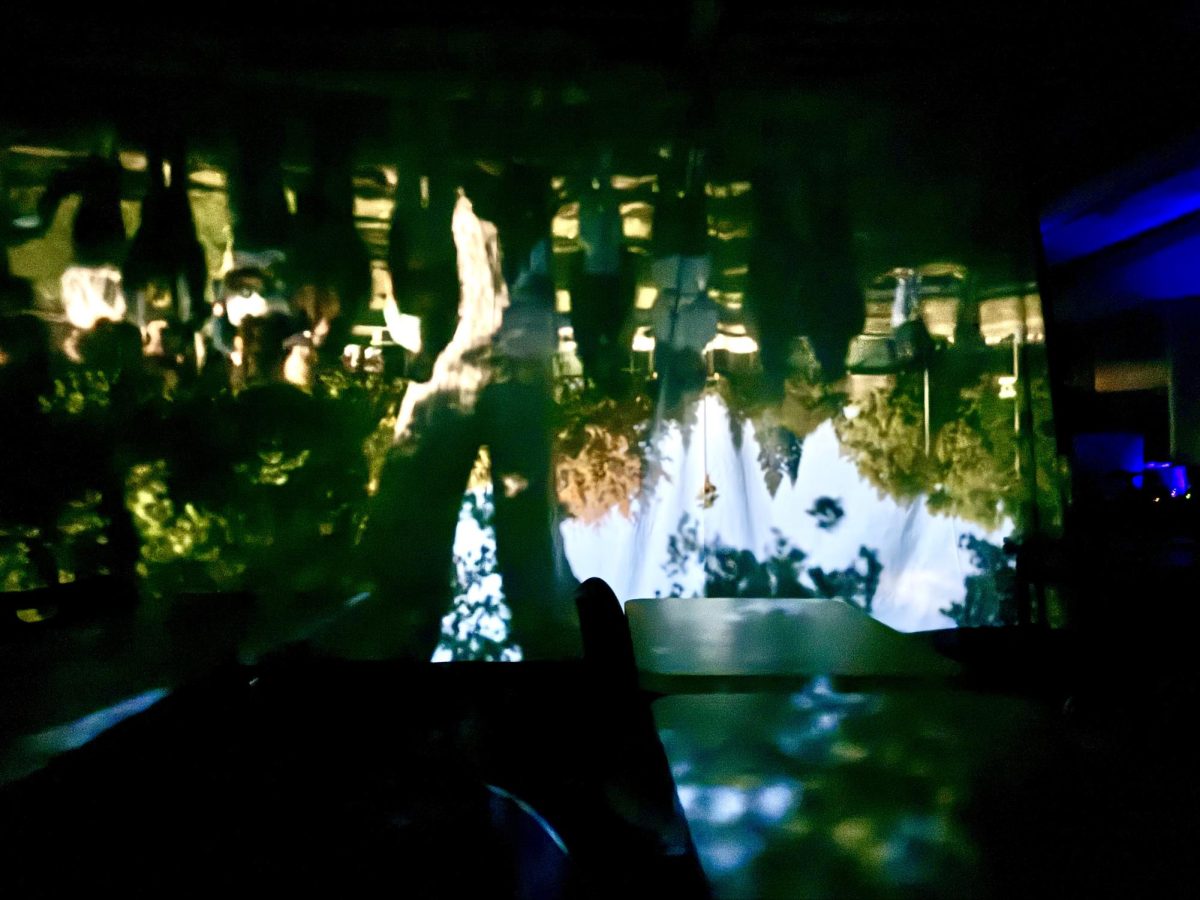










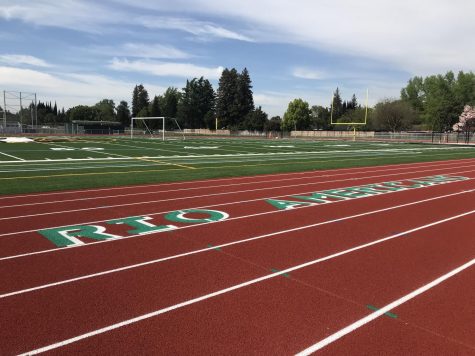

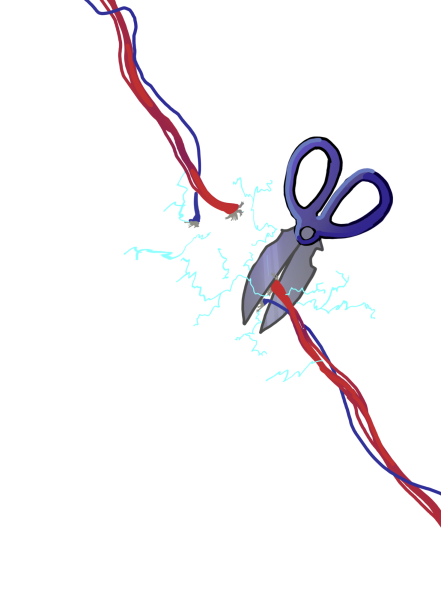
Keshav Sreedharan • Nov 1, 2020 at 12:26 PM
Like most people, I believe global warming is a big issue as it concerns the whole world. Laws like these can lead to big changes in public actions towards being eco-friendly. Hopefully, as time goes on, recycling, composting, reusing, etc. go from something done by a small portion of the world to being normalized in daily life for everyone.